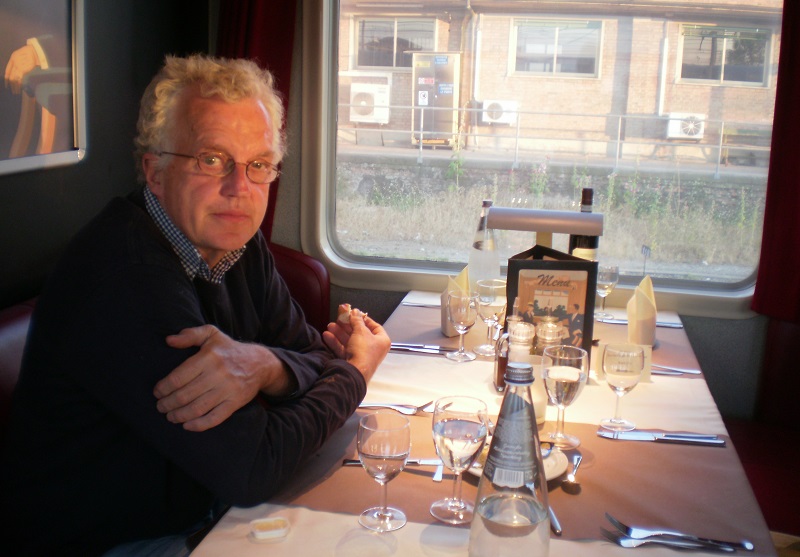Flawed characters are always the most interesting. If fate had been kinder, George Hudson would have been remembered by his popular nickname as the ‘Railway King’, the first railway millionaire who became an MP and delighted the great and good with his lavish parties in his London home.
Unfortunately, his luck run out and the various frauds and underhand financial practices which underpinned the making of his fortune were eventually exposed. Hudson, born in 1800 in modest circumstances was a self-made mad who had risen from draper’s assistant to become the dominant railway magnate of the early 1840s. This was the height of the biggest railway mania when everyone was trying to get in on the act, seeing railways as the easiest way of making a fortune.
Hudson exploited this by promoting new lines, amalgamating existing companies and acquiring, through rather dubious means, controlling interests in others. He built up the Midland Railway, the largest company of the period, through a series of amalgamations and effectively created two other major railways, the Great Eastern and the North Eastern. In order to keep on attracting new investors, Hudson’s companies had to pay generous dividends, far in excess of the real profits they were generating. He could only find the money to pay the shareholders by using capital which other investors were providing, a state of affairs that was bound to come undone.
Eventually, questions were asked at a shareholders meeting of one of his smaller companies, the York & North Midland and that started the process that led to his disgrace. He was ejected from Parliament, made bankrupt and fled his creditors to Paris where he lived in poverty until shortly before his death in 1871. Despite his failings, Hudson was a visionary who wanted to unify the country’s railway system and who created the first system enabling different rail companies to share and allocate fare income when their passengers used each other’s service. For these reasons, despite his flawed reputation and his malpractices, he well deserves his place at the forefront of railways history.
